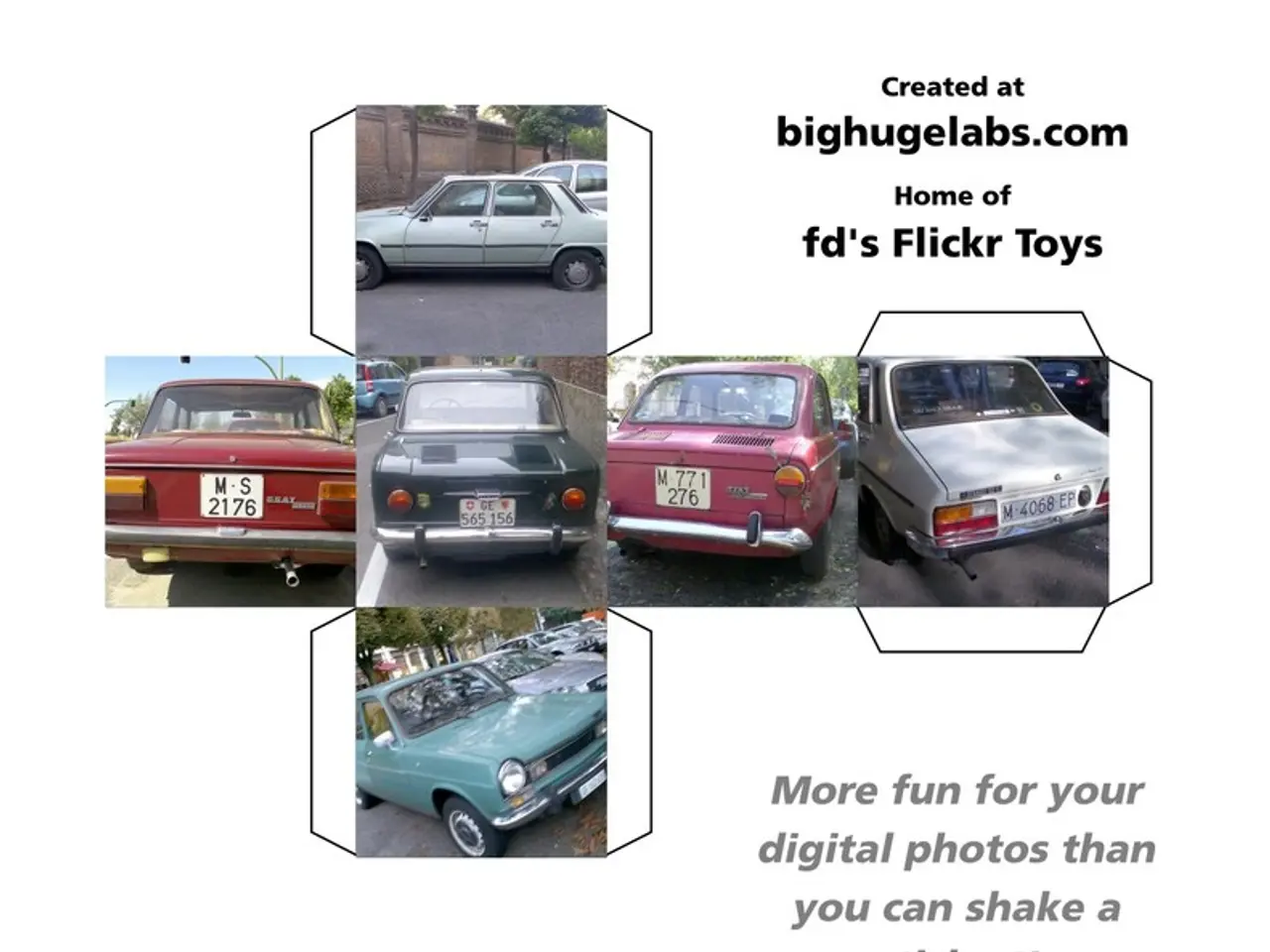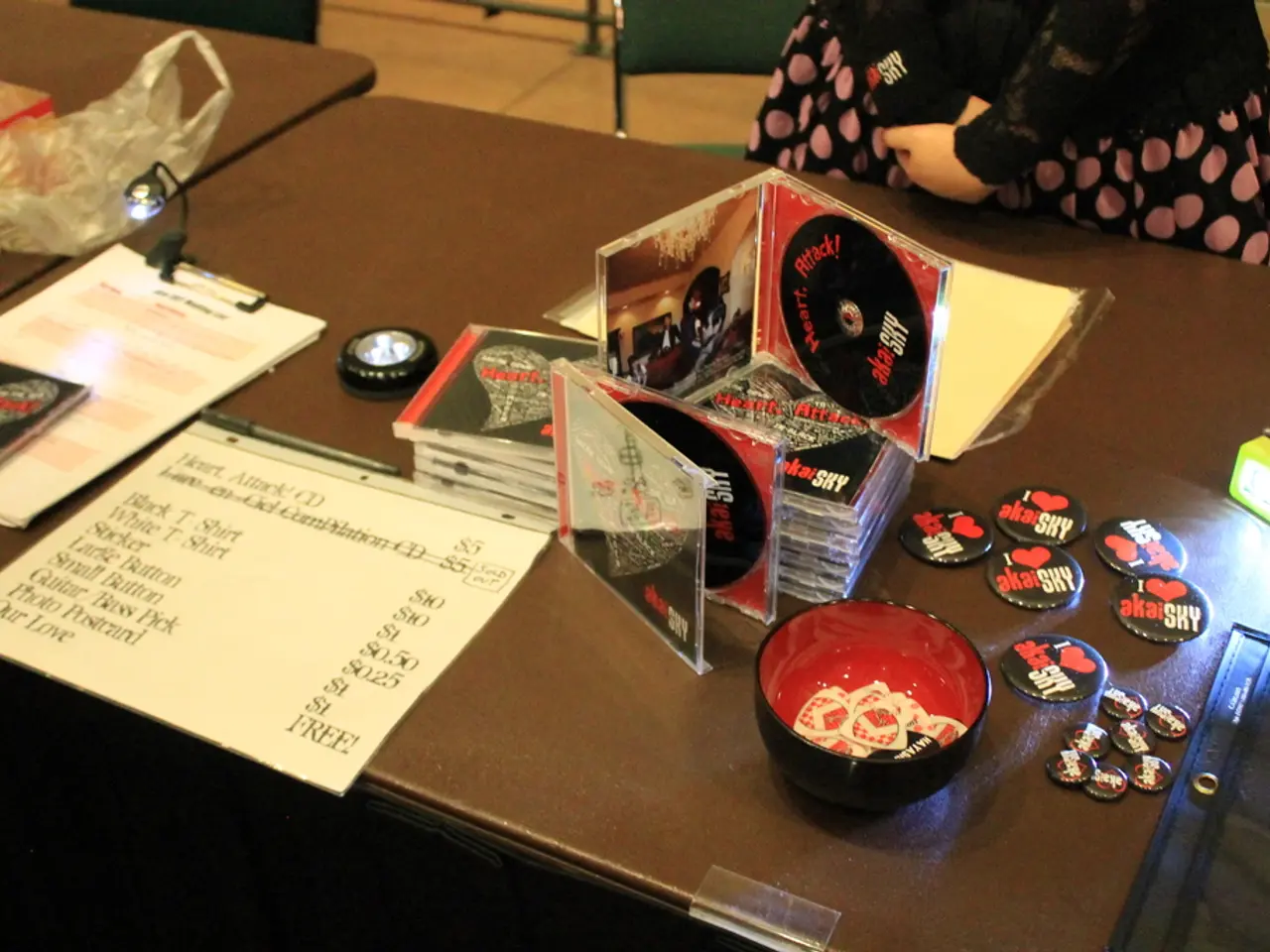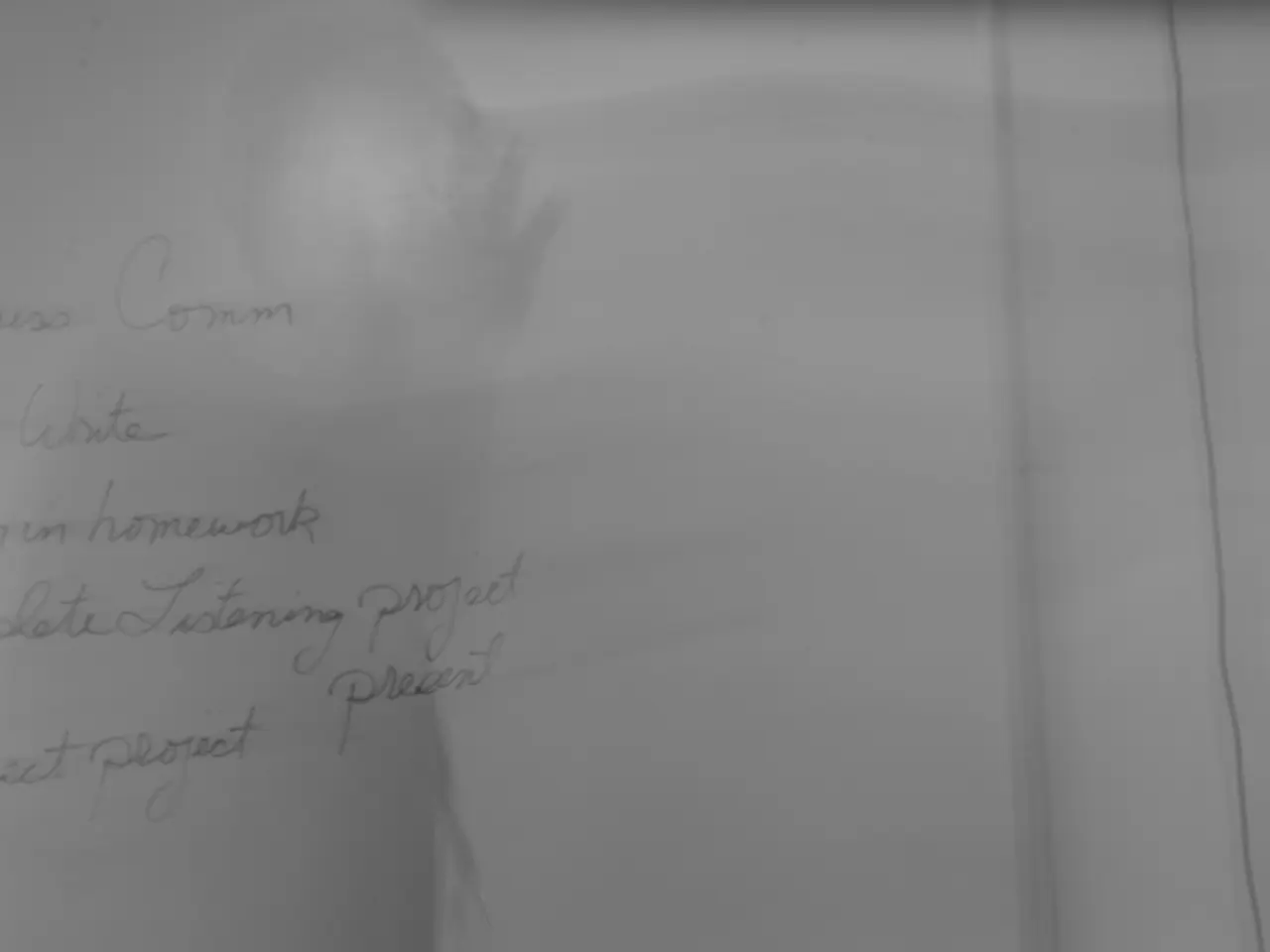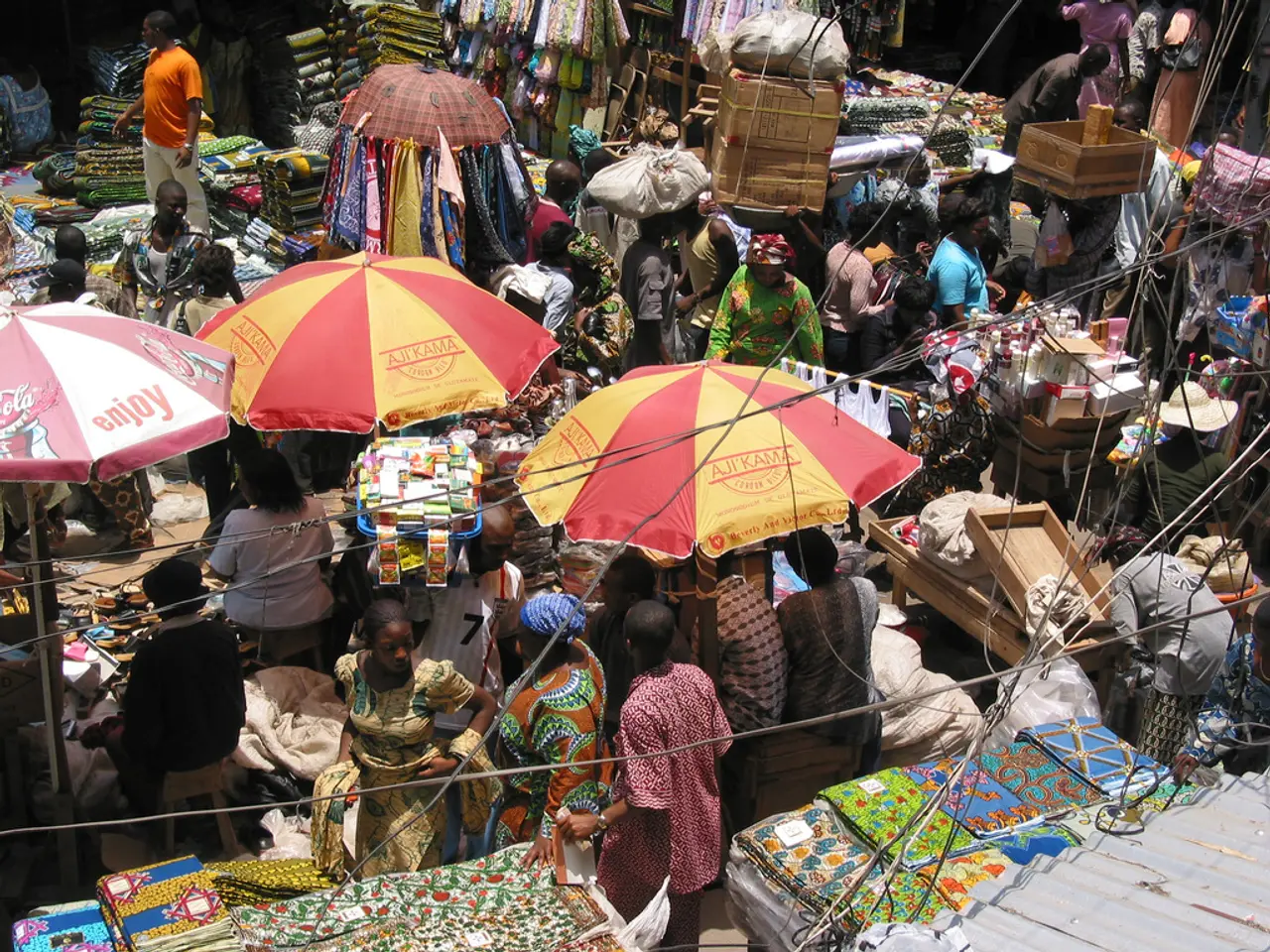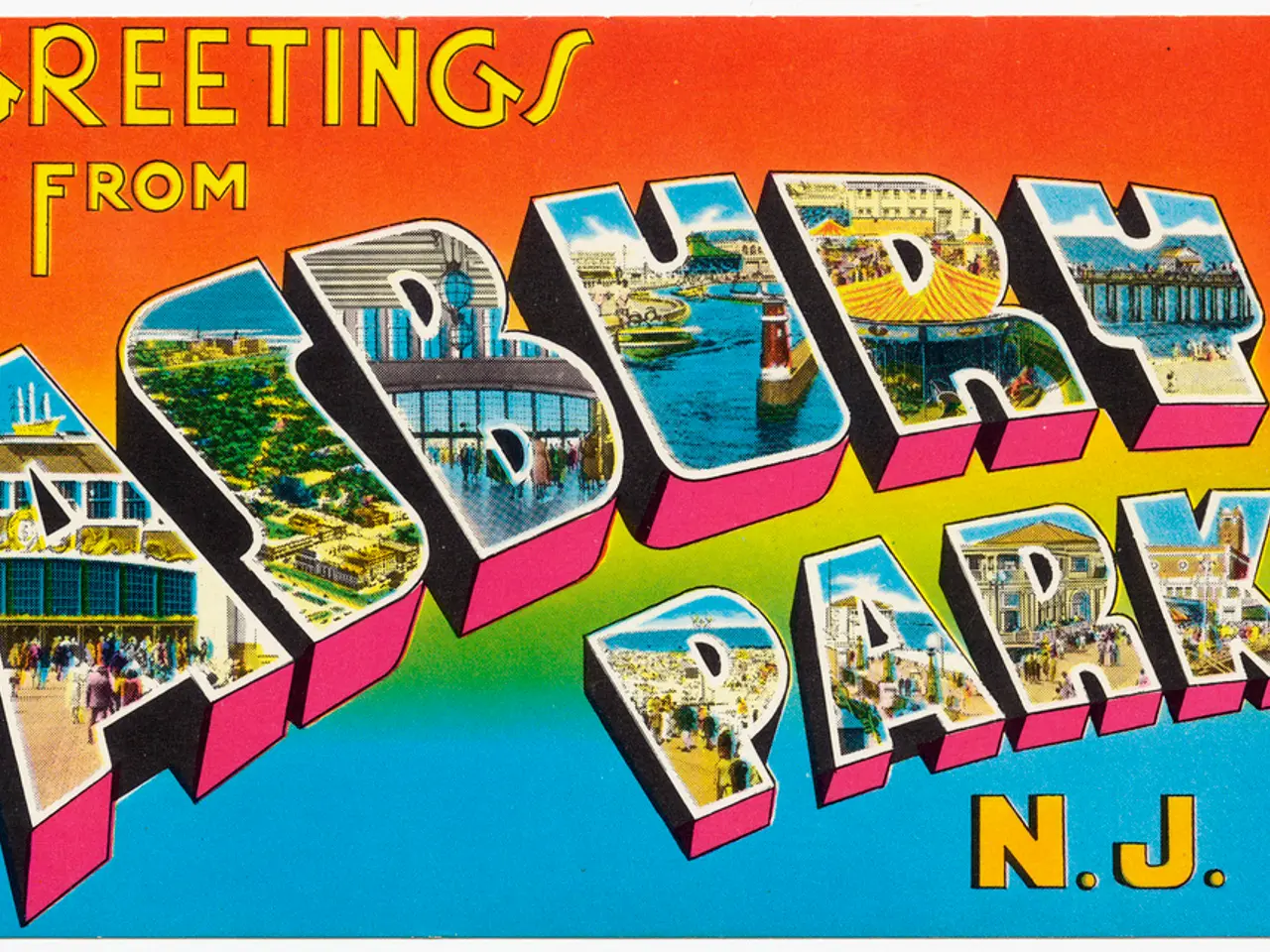U.S. Tariffs Cost Volkswagen $1.5 Billion
Volkswagen Faces Challenges Amidst Tariffs and Chinese Imports
Volkswagen (VW) is navigating a complex economic landscape, with the automaker's CEO, Oliver Blume, expressing optimism about the group's European sales performances while grappling with the impact of U.S. tariffs and pressure from inexpensive Chinese imports.
Blume's optimism is backed by the well-filled order books for VW in Europe and the company's expansion of its leading position in electric mobility, with a market share of 28%. However, the unpredictable nature of U.S. tariff policy and the millions in profit declines due to these tariffs have forced VW to reassess its business model.
Volkswagen's Chief Financial Officer, Arno Antlitz, has highlighted the ongoing challenges posed by U.S. auto tariffs. As a result, the group has reduced its full-year sales and profit margin forecasts. The decrease in first-half revenues, amounting to €1.3 billion ($1.5 billion), is attributed to the 25% U.S. tariffs on foreign-made vehicles implemented in April.
In response to the tariff costs, discussions about relocating production from VW's Mexican plant in Puebla back to its German facility in Wolfsburg have arisen. Such a move reflects an attempt to adapt business models in response to tariff costs, although it risks disrupting supply chains and reducing demand for American auto parts.
The instability caused by the U.S. tariff policy has also undermined investor confidence required for costly, multi-decade commitments to U.S. assembly operations. This instability, coupled with the pressure from Chinese imports, is putting an extra squeeze on legacy European manufacturers, including VW.
Other European automakers, such as Renault, are also adjusting their forecasts, reflecting a broader industry trend. Volkswagen is countering the tariff impact by increasing non-battery-electric-vehicle imports, which are not subject to European Union tariffs.
Despite these challenges, VW expects the positive trend in its European sales to continue in the second half of the year. Antlitz emphasises the importance of cash reserves, stating that VW is pressing ahead with programs to improve earnings and speed up progress where necessary. The company remains focused on its strategic goals, including its leadership in electric mobility.
[1] [Source 1] [2] [Source 2]
The complicated economic landscape, influenced by tariffs and Chinese imports, is causing Volkswagen to reassess its business model in the automotive industry, particularly in the finance sector, as the tariffs have led to profit declines and the need for restructuring. The unpredictability of tariff policies and the pressure from cheap imports are also affecting the transportation industry, forcing European manufacturers like Volkswagen to adapt. (Sources: 1, 2)
In response to the tariff costs, Volkswagen is exploring the possibility of relocating production from its Mexican facility to its German facility, a move that could potentially disrupt supply chains and reduce demand for American auto parts. Meanwhile, the company is countering the tariff impact by increasing non-battery-electric-vehicle imports from outside the EU, which are not subject to EU tariffs. (Sources: 1, 2)
